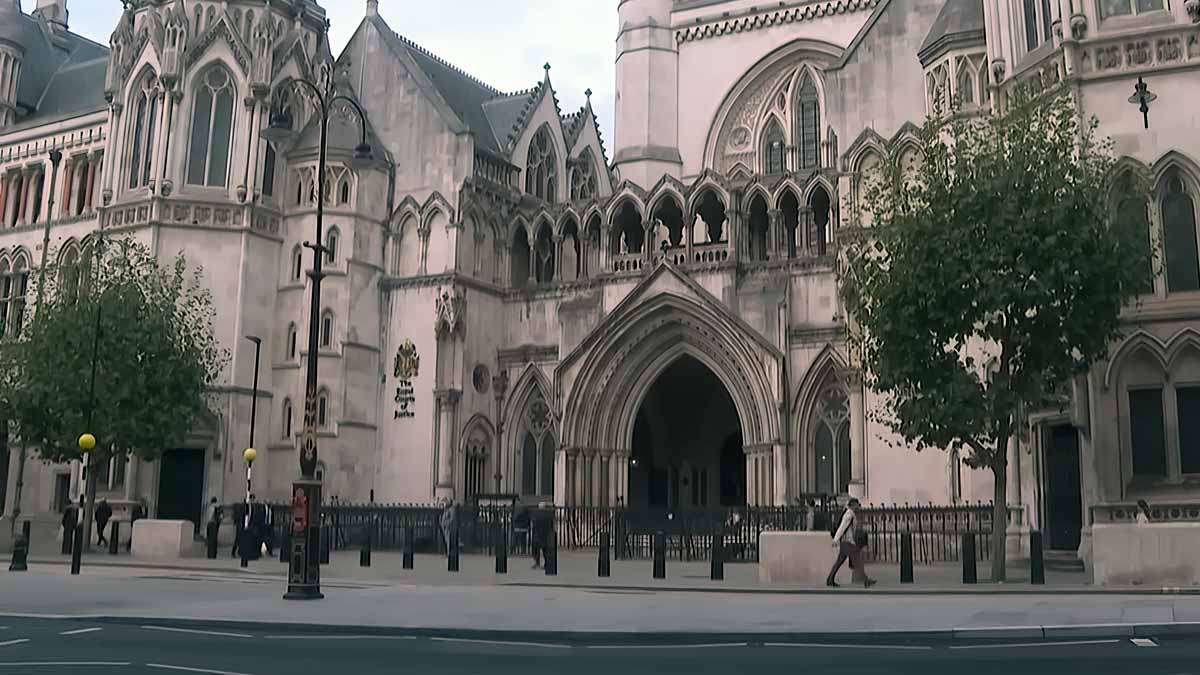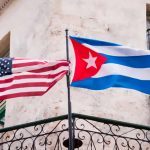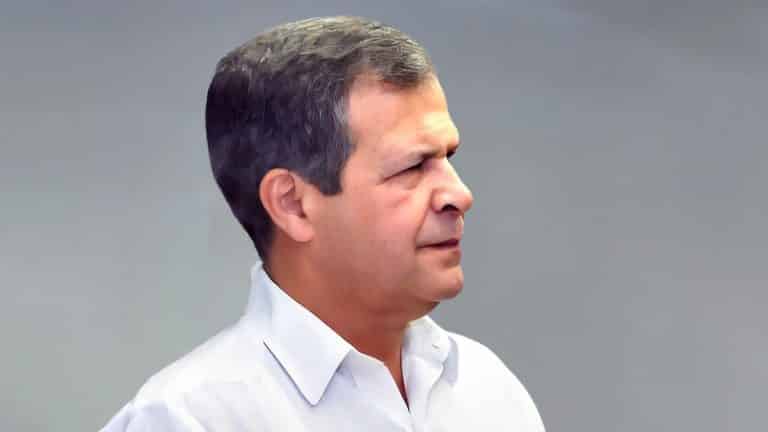London Court Rules in Cuba Debt Case: A Complex and Inconclusive Outcome

On Tuesday, April 4, the High Court of Justice in London issued a judgment in the case of the default claim brought by the CRF I investment fund against Banco Nacional de Cuba (BNC) and the Republic of Cuba for €72 million (approximately US$78 million).
Judge Sara Cockerill found that CRF I cannot claim the debt from the Republic of Cuba due to irregularities in the transfer of the bonds to the fund by BNC staff.
This decision is seen as a partial victory for the Cuban State, which is freed from being vicariously liable.
However, the ruling allows CRF I to claim the non-payment from BNC, which, although no longer acting as Cuba’s central bank, remains one of the island’s state-owned financial entities.
The process will continue without the participation of the Cuban State, closing the door to the fund seeking to repay the debt with Cuban State assets abroad.
The Cuban government and official media have described the result as a “victory” for the country, while CRF I considers that Cuba has won a “technical point” and is confident of achieving a “complete victory” at the end of the process.
Both parties have the right to appeal the judgment, which could prolong the litigation for years.

The disputed debt originates from two loans Cuba acquired in 1984 from European banks Crédit Lyonnais and L’Istituto Bancario Italiano, with BNC as guarantor.
In 1987, the Cuban president at that time, Fidel Castro, deemed the debt as “uncollectible” and, since then, the island ceased to comply with its obligations to creditors.
The situation changed with the arrival of Raul Castro to power in 2006, who sought to reopen the door to international financial markets through a series of economic reforms.
Cuba carried out debt renegotiations with the Paris Club in 2015 and 2021, and also with Russia, which forgave much of the loans granted during the Soviet period and improved conditions in 2022. However, Havana did not enter into negotiations with the London Club, which represents private creditors.
The Cuban defense argued that CRF I was not a legitimate creditor, claiming that the fund acquired the debt illegally, bribing a BNC employee, and that procedures were not followed and government authorization was not obtained.
CRF I denied being a “vulture fund” and asserted that it acquired the debt correctly and is a legitimate creditor.
Despite the complexity and lack of a definitive conclusion in the judgment, this case highlights the economic and financial situation in Cuba, as well as the legal and political implications that may arise in similar disputes in the future.

The London High Court decision may have implications for future debt disputes between Cuba and other international creditors.
The ruling establishes a precedent regarding the liability of the Cuban State in cases of default and irregularities in the transfer of bonds. This could lead other creditors to reconsider their legal strategies when facing similar cases with the island.
In addition, this case highlights the importance of transparency and compliance with proper procedures in international financial transactions.
The allegation of bribery and the lack of government authorization in CRF I’s acquisition of the debt are key aspects of the litigation, which may serve as lessons for other players in the global financial arena.
Meanwhile, the Cuban government continues to face significant economic challenges, including the need to diversify its economy and attract foreign investment.
Resolving debt disputes such as this one and renegotiating with international creditors are crucial steps to improve the island’s financial position and allow greater access to international financial markets.
In conclusion, the London High Court ruling in the Cuban debt case represents a complex and inconclusive outcome for both parties involved.

Although the Cuban state has been cleared of subsidiary liability in this case, the litigation continues and may have wider implications for future debt disputes and Cuba’s international economic relations.






